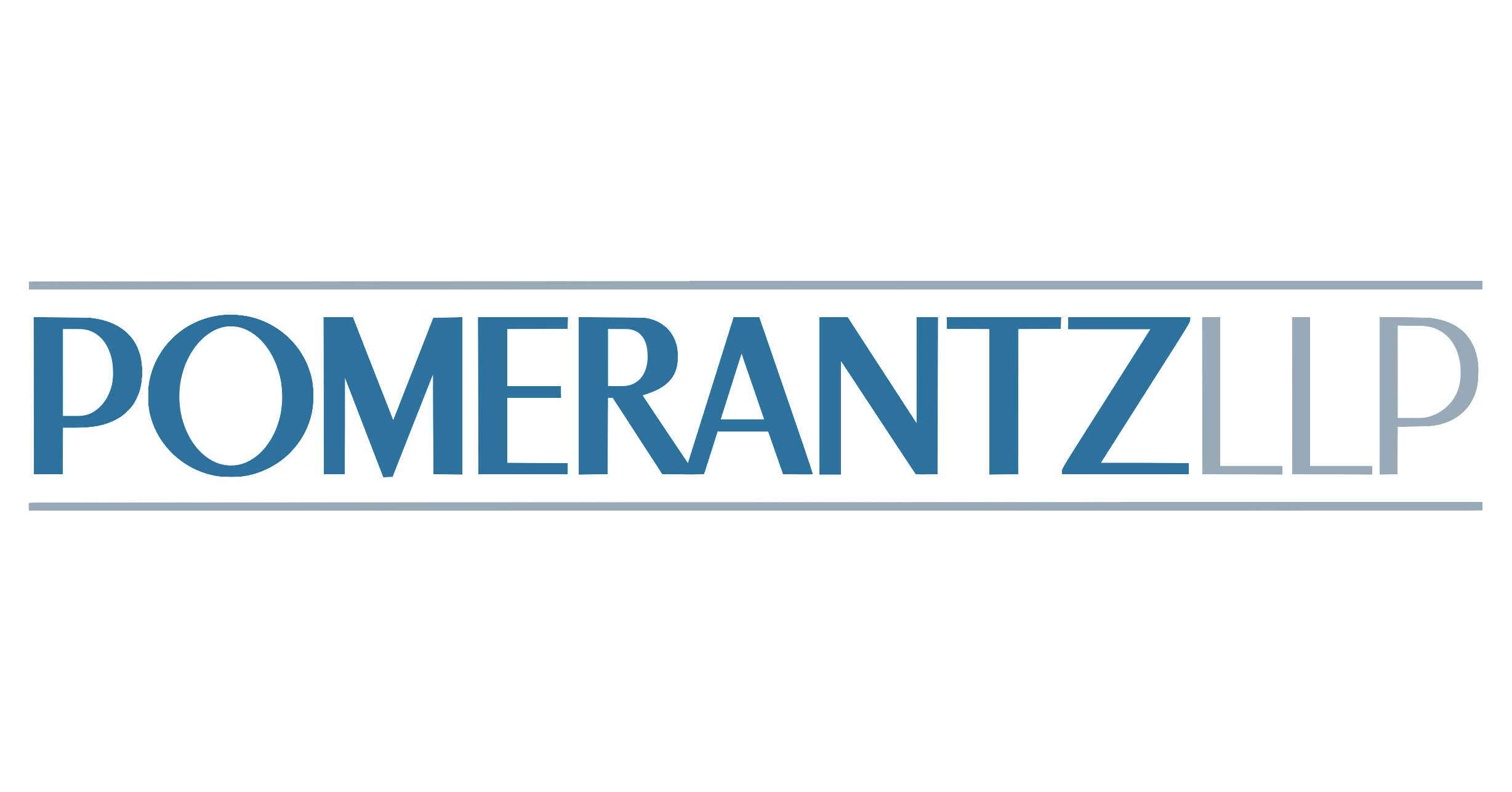The champagnes with the best value for money for 2024

Often associated with the finer things in life, these 10 champagnes are proof that you can have it all without breaking the bank.

© Shutterstock | Have a special occasion coming up? Don’t worry, you can still serve champagne without spending a fortune.
When it comes to inexpensive wine, budget and Champagne rarely go hand in hand, but as the following shows, that might be less because of the Champagne and more because we’ve been looking in the wrong places.
To determine our 10 best value champagnes, we dug deep into our extensive data and used various filters to unearth some incredibly affordable sparkling wines. But the criteria isn’t just about affordability, it’s also about quality.
To be considered a great value Champagne, the wine must have at least three reviews, be priced under $50 and – for our key target audience – be available in the United States.
We then calculate value for money by dividing the aggregate critic ratings – which in this case are all impressively in the early to mid-90s – by the price, with the most expensive product coming in at around $48 and the cheapest at $35. After the division, the higher the number – the more often the price fits into the rating – the better the value for money.
So which sparkling wine tops the list of best value champagnes this year?
Champagne with the best value for money on Wine-Searcher:
First place goes to the André Chemin Premier Cru Brut Rosé. The winery was founded by the husband and wife team André and Micheline Chemin and has now been family owned for three generations. The winery is a strong supporter of biodiversity and also has a contemporary approach to winemaking.
The rosé has an overall score of 90 points and an even more pleasant price tag of $35, giving it an impressive best score of 2.57.
In second place is the Lallier Reflexion R.019 Brut from Champagne Lallier. The winery is located deep in the heart of the Aÿ champagne region and has been owned by the Lallier family for over a century. The champagne is therefore a reference to both tradition and modern technology.
The Reflexion R.019 Brut is – quite literally – a reflection of this, the winery’s signature blend that adapts to the vintage. Widely available, this sparkling wine has an overall rating of 92 points from critics and costs $40 – achieving the best value at 2.30 points.
Number three is another rosé, the Moutard Pere et Fils ‘Dame Nesle’ Cote des Bar Brut Rosé. The Moutard winery is a family business that cares about terroir, tradition and the preservation of long-forgotten grape varieties, while also looking to the future.
The rosé has a critics’ score of 90 points and is available at a not unreasonable price of $46. This wine achieves a value for money rating of 2.19.
In fourth place is Francis Orban Brut Rosé. In 1929, Léopold Orban was the first to install a press in the village of Leuvrigny, near the Marne Valley, marking the beginning of the family’s champagne production. The legacy was later taken over by his son Gaëtan, who increased the stakes in terms of commercialization and is now in the hands of his grandson Francis.
The rosé has a critics rating of 90 points at a price of $44, giving it a value for money ranking of 2.04.

© Shutterstock | Great champagne at great prices can make any occasion special.
Number five is the Godmé Sabine Grand Cru Blanc de Noirs Brut from Champagne Godmé Sabine. The winery, whose history dates back to 1930, has been run since 1994 by Sabine Godmé and her husband Jean Marie Guillaume, who represent the fourth generation of winemakers.
Because many of the vines are around 30 years old, Godmé wines are naturally complex. Pure Pinot Noir, explains Wine Enthusiast, “a blend of four vintages aged on the lees for four years has produced a Champagne that is rich, densely structured and with lively green apple and pear flavors laced with acidity.”
With an overall score of 91 points and a price of $44, this wine achieves the top score of 2.02.
In sixth place is the AR Lenoble Blanc de Blancs Mag Chouilly Grand Cru from Champagne AR Lenoble. The winery has its origins in 1870, when Joseph Graser fled Alsace – and the invading Nazis – and walked to Champagne, where his wife came from. After Graser’s early death, his son Armand-Raphaël set up a wine trading business and began producing Champagne Graser.
However, Armand-Raphaël quickly changed his mind about the German-sounding name and changed the name to AR Lenoble, and the wine has been a long-seller ever since. The name of the wine is due to the fact that it is aged in magnum bottles. Falstaff describes the mag as “fresh aromas of lemon oil, lime peel and green stone fruit with subtle nuances of fresh shortcrust pastry”.
With an overall score of 90 points and an average price of $45, this wine achieves the top score of 2.00.
Number seven is the Bertrand-Delespierre Enfant de la Montagne Premier Cru Brut. The champagne house was founded in 1980 by the union of Chantal Delespierre and Didier Bertrand, whose own children now help with the day-to-day management of the estate.
Their Enfant de la Montagne – or Child of the Mountain – was described by Wine Enthusiast as “a mature Champagne with a hint of maturity, it is well balanced and delicious.” With an overall score of 90 points and a price of $45, this wine scores a top score of 2.00.
Lucky number eight is RH Coutier Blanc de Blancs Grand Cru Brut. Although the winery keeps its virtual presence to a minimum, it is clear that it values both sustainability and family values. Fortunately, we have far more information on its wines.
Tom Cannavan describes his Blanc de Blancs Grand Cru as a “fascinating wine that appears fresh and simple at first, with apple and citrus flavours, but then develops a fleshy and creamy note”. With a critics’ score of 91 points and a price of $45, this wine achieves a top score of 1.97.
Number nine is the Franck Bonville Unisson Grand Cru Blanc de Blancs. The origins of the winery date back to 1900 and to Alfred Bonville. Although the winery, like many other businesses, went through trials and tribulations in the 1930s, Bonville continued on with the help of his son Franck. Franck’s own son Gilles and his wife led the winery into the modern age and their son Olivier helps with the day-to-day running of the winery today.
With a strong focus on biodiversity and sustainability, their Blanc de Blancs hit the mark, achieving an overall score of 91. Combined with a price of $48, this gives a value for money ratio of 1.93.
Last but not least, another wine from AR Lenoble, this time their Brut Rosé Terroirs. Wine Enthusiast raves: “Following this producer’s practice of aging champagne in magnum bottles before blending, this is a beautifully made rosé. It has depth and a good balance between age and fruit.”
With a total score of 91 points and a price of $48, this pink wonder achieves a price-performance ratio of 1.93.
Whether you’re looking for Blanc de Blancs, Blanc de Noirs or a pretty rosé, there’s a highly rated, widely available and affordable option for everyone – if you know where to look. Luckily, at Wine-Searcher, we know where to look, proving that even Champagne doesn’t have to cost the earth.
To join the conversation, comment on our social media channels.



